
A dental implant is an artificial tooth root. It is a titanium screw, which is placed in the jaw bone to replace the root of a missing tooth. The process of teeth implant is quite complicated and should be done by the best dental implant specialist in India. It is the best replacement for a missing tooth because:
It is the most conservative replacement for a missing tooth, as the adjacent teeth are not touched, unlike in a bridge.
It is the only replacement for a missing tooth which stabilizes the underlying bone.
It is as good as a natural tooth in terms of efficiency of chewing, looks and ease in speech.
If maintained by the patient, the implant can last a lifetime.
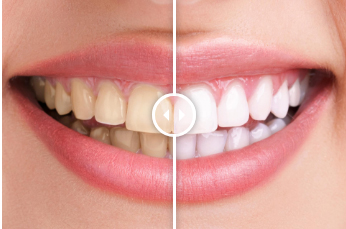
Smile Makeovers by cosmetic dentistry is the most popular dental treatment procedure in The Lotus Dental Care, along with dental implants. In the last few years, patients from across the world have visited The Lotus Dental Care to get their new dream smiles. We at The Lotus Dental Care, get maximum happiness by helping people discover their new confident self after they get their new smile. This became my (Dr. Suraj Shukla) mission in life after I got my new smile and found my new self.



Missing teeth is not merely a cosmetic concern but can severely influence your daily life. A tooth loss condition is really more serious than it is often perceived to be.
It can affect not only our oral health but also general health, appearance and self-esteem. Each tooth plays a vital role in the structure of the mouth and in relationship to the remaining teeth. The way our teeth are normally arranged, helps to facilitate effective chewing, biting and talking.
Teeth are lost or missing for several reasons such as trauma, decay, gum disease, or even genetics.
Tooth loss can negatively affect your social and professional life; it can lead to reduced self-confidence because of gaps in a person’s smile.
Missing teeth can affect the way you speak, depending on its location. The loss of one or more teeth can disturb the distribution of bite pressure onto other teeth resulting in decrease in chewing efficiency. Your remaining teeth will struggle to keep up the normal functions due to the imbalance in chewing forces which can lead to overcompensation by the surrounding teeth and can result in inordinate stress and wear.
When you lose a tooth or have a tooth extraction, the bone surrounding the tooth soon begins to weaken and the surrounding teeth begin to shift to fill in the space, leaving more spaces and gaps.
Also when a tooth is missing there is no contact with the opposing arch. This can cause opposing teeth to gradually extrude which leads to other problems, such as fractures, mobility or tooth loss. Tooth loss can also cause infections, affecting the gum tissues and the underlying bone. In advanced cases, it can also lead to progressive bone loss and receding gums.
Therefore, leaving the gap or space where a tooth once stood can be a source of embarrassment and can have serious consequences.
So it is very important to replace that missing tooth to prevent the other teeth from shifting. Also replacing the missing back teeth affect the overall bite and help ease some of the excessive pressure on the front teeth created by chewing.
If the tooth is not replaced soon, the loss of jawbone can cause other teeth to fall out, further detracting from a healthy smile.
There is more than one option for replacing missing teeth. The 3 most common options are replacing the missing teeth with implants, crowns and bridges or dentures. Sometimes a combination of two of these options can be used, such as a denture that is supported by implants, or a bridge that is supported by implants.
As importantly, they can also help teeth to even out the bite forces of the remaining teeth and protecting their existing teeth structure to last a long and healthy lifetime.
Not to mention that by saving one tooth, you are also helping keep the surrounding ones healthy as well.
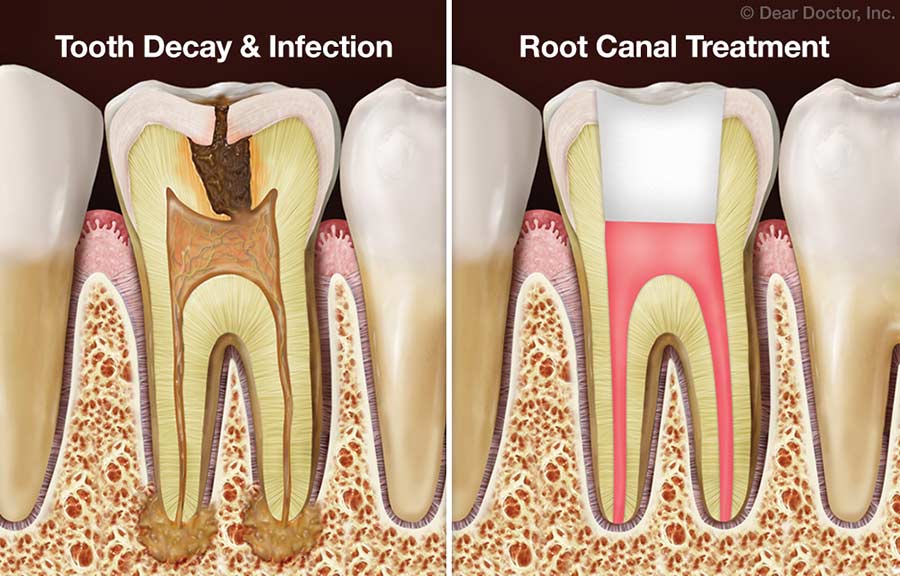
A root canal is a treatment used to repair and save a tooth that is badly decayed or infected. The nerve of a tooth and its pulp can get inflamed due to deep decay, repeated dental procedures on a tooth or a deep filling.
During a root canal procedure, the nerve is removed, canals cleaned and the pulp chamber sealed with a filling material. Without treatment, the tissue surrounding the tooth will remain infected and an abscess may form.
* Severe toothache like a nerve pain
* Pain on chewing, biting or application of pressure
* Pain radiating to the TMJ joint and giving headaches
* Prolonged sensitivity to hot or cold temperatures
* Discoloration or darkening of the tooth
* Swelling and tenderness in the nearby gums
* A persistent or recurring pimple on the gums
* A drainage abscess or bad taste in the mouth
* Fever and general ill-feeling
* Single Sitting Root Canal
* Classical Root Canal (Multiple Sittings)

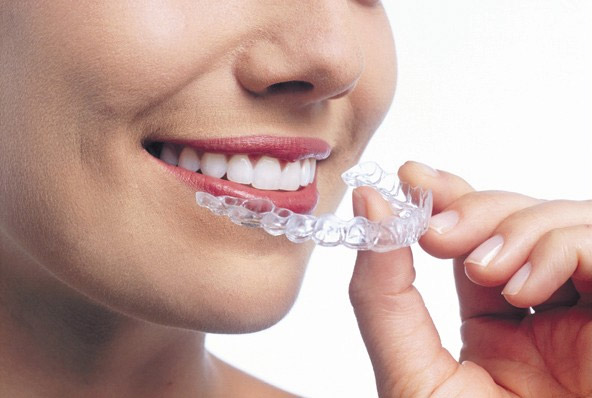
Many people have crowded or crooked teeth or their teeth don’t meet correctly when they bite. These problems can cause the teeth to become damaged or can put a strain on your jaw muscles.
In few cases, abnormal development of the teeth and jaw can affect the shape of the face.
The position of your teeth and jaws has an effect on your bite. Your bite is how your upper and bottom teeth come together. Teeth that are aligned properly and teeth with a correct bite are healthier, makes it easier to eat, smile and speak by improving the look and health of their smile.
Straighter teeth give you more than a beautiful smile. With straight teeth, you have a better chance of preventing plaque buildup which reduce the risk of future dental problems and give you a big reason to smile.
When it comes to orthodontic treatment options, there are many, including traditional metal braces, clear invisalign braces, ceramic braces and lingual braces.
It all depends on the type of orthodontic treatment you need to achieve a balanced aesthetic result.
It focuses on the correcting the misalignment of bite and spacing between teeth, not just for aesthetic enhancement but it also serves to improve a patient’s overall oral health for a lifetime.
Your orthodontist will recommend a treatment plan based on the severity of your incorrect bite, the degree of misalignment, and your desires regarding treatment times.
Whatever orthodontic treatment is best for your individual case, braces will straighten your teeth, help you bite and chew correctly, improve your appearance, improve your oral health, and help you feel better.
Benefits can include:
* Correction of crowded teeth and straightening your teeth
* Correction of your bite so the front and back teeth meet evenly
* Improving your appearance, including your smile
* Closing the gaps between the teeth
* To improve speech, eating and long-term health of gums & teeth
* To prevent damage to teeth due to long-term excessive wear or trauma (of the teeth)
* Invisalign / Clear Aligners
* Ceramic Braces
* Lingual Braces
* Steel / Metal Braces
* Orthodontic Appliances
* Mini Implants in Orthodontic Treatment
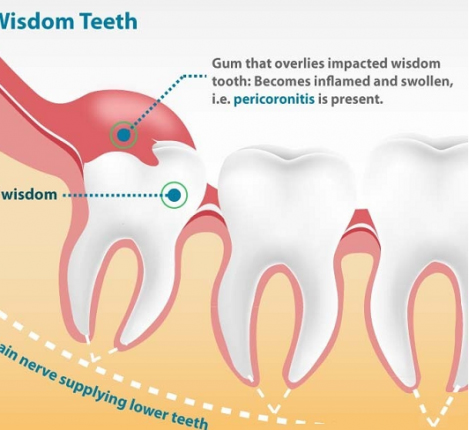
Patients typically want to avoid having a tooth removed whenever possible. Dentists too, will try to save the natural tooth till the very end unless extraction is inevitable.
32 Smile Stone Wisdom Tooth Extraction
Mentioned below are some indications when tooth extraction in India is unavoidable.
* Impacted wisdom teeth
* Decayed teeth which cannot be filled
* Failed root canal treatment
* Bone loss leading to severe mobility of teeth
* Broken, cracked, abscessed or infected teeth
* For braces treatment when there is severe crowding
* History of trauma to the tooth, leading to dis-colouration
* Retained baby teeth
* Patients taking certain medications or on chemotherapy
It's not necessary to remove wisdom teeth if they are correctly positioned in your mouth and do not cause any pain or dental problems. Our oral surgeons will advise you about wisdom tooth removal in New Delhi under the following conditions:
If they are impacted (inside the bone) and there is not enough room for them to erupt into the mouth.
* Causing decay of the tooth in front due to its incorrect position in the jaw.
* Causing pain & discomfort and maintaining oral hygiene is difficult.
Proper care is needed following tooth extraction. Following instructions help faster healing and avoids discomfort.
* Slight amount of bleeding is normal. Bite firmly on the gauze for one hour.
* Some swelling is also normal; place an ice pack from outside (cheek) for the first few hours.
* If you feel like spitting, it is better to swallow.
* Eat soft diet like mashed potatoes, pudding, yogurt etc. for the first 24 hours.
* Take cold foodstuff like ice-cream, juices, shakes etc. Avoid using a straw.
* The next day start with warm saline gargles and soft food.
* Avoid alcohol and smoking.
* Follow the prescription given.
* TOOTH EXTRACTION
* JAW SURGERY
* REMOVING IMPACTED TEETH

Baby teeth play an important role in your child’s overall health, development, and well-being. They are vitally important for the future life of a child.
Just because your child’s baby teeth eventually fall out, and replaced by permanent teeth doesn’t mean they are not important.
Baby teeth are very important to your child’s health and development. They help children chew properly, speak clearly and smile. They also hold space in the jaws for permanent teeth which develop underneath them, into their correct positions and help muscles to develop correctly.
Baby teeth begin to develop beneath the gums during the second trimester of pregnancy but teeth really start to erupt through the gums between the ages of 6 months to one year after birth.
Most children have a full set of 20 baby milk teeth by the time they are 3 years old. Even though they will eventually be replaced by the permanent adult teeth, baby teeth are very important and should be well looked after, checked or fixed if there is a problem.
When a baby tooth is lost too early, other teeth may move into the empty space and block the way for permanent tooth. This can make teeth crooked or crowded.
Baby teeth can are prone to cavities just like adult teeth. Once the decay sets in, it can spread quickly and lead to pain and infection or abscess without proper precautions. This can be especially harmful to children because their immune systems are not fully developed.
If a tooth becomes infected and needs to be extracted, your dentist will recommend inserting a space maintainer because the guide to hold the space for the permanent successor (baby tooth) is lost. If the space is not preserved, other teeth may drift, causing difficult-to-treat crowding and other problems when permanent teeth come in.
Neglect of primary teeth can result in a number of problems. It has been found that children who experienced tooth decay in their baby teeth had a greater risk of developing tooth decay in their permanent teeth than children who maintained healthy primary teeth.
Proper hygiene by brushing, flossing and professional cleaning of baby teeth is essential for the development of healthy permanent teeth as decay can happen at any age. That’s why starting infants off with good oral care can help protect their teeth for decades to come.
The key is to start those positive habits at an early age. The most important aspect of taking care of your child’s baby teeth is the example you help to set.
Baby teeth set the stage for a lifetime of happy and healthy smiles.
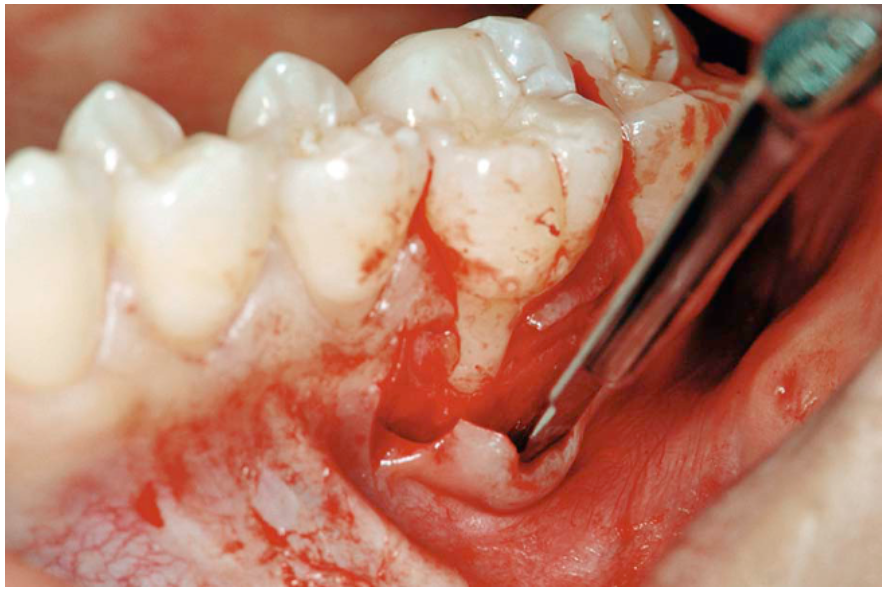
Gum disease is not just about your oral health, but your overall health as well. The bacteria in your mouth are passed on through your body. There is a direct connection between your oral health and systemic health.
If you have firm healthy gums and it will keep your teeth longer and avoid health problems associated with gum disease.
Most people suffer from gum disease, and it is a major cause of tooth loss in adults.
Gum diseases range from simple gum inflammation to serious disease that result in major damage and infection of the tissues and bone that support the teeth. In the worst cases, bone anchoring the teeth in the jaw, gums and tissue that support the teeth are destroyed, making the teeth loose.
Our mouth is full of bacteria. The bacteria cause inflammation of the gums and a sticky, colorless film of bacteria called plaque forms on the surface of the teeth every day. The longer plaque and tartar are on teeth, the more harmful they become as it provides the right conditions for bacteria to thrive. The bacteria irritate the gums, which mean that they bleed more easily.
Whether your gum disease is stopped, slowed, or gets worse depends on how well you care for your teeth and gums, from this point forward.
If the disease progresses, the part of the gum that seals the tooth is weakened and gums pull away from the teeth and form spaces between the tooth. Bacteria or food debris become trapped in these spaces and grow below the gums causing further infection (redness and swelling). These bacterial toxins start to break down the bone and connective tissue that hold teeth in place.
To prevent and treat gum disease, you need to make sure you remove all the plaque from your teeth by daily brushing and flossing, and by professional cleanings at least twice a year by a dentist.
Severe gum disease may also be associated with several other health conditions such as diabetes, infective endocarditis, bacterial pneumonia and stroke.
Having a healthy mouth and gums can help improve your general health and reduce the stress of medical treatment.
Treatment methods depend upon the stage of disease, how far the condition has progressed and your overall health.
It is also possible to have gum disease and with no warning signs, that is why regular dental checkups are very important.
The number and types of treatment will vary, depending on the extent of the gum disease. Any type of treatment requires that the patient keep up good oral care at home.
We may also suggest changing certain behaviors, such as quitting smoking, reducing stress and maintaining a well-balanced diet as a way to improve treatment outcome.
Gum disease is a sign of serious oral health issues in the near future.
The main goal of treatment is to control the infection and progression of the disease and to promote reattachment of healthy gums to teeth.
See your dentist if you suspect you have gum disease. The sooner you treat it the better; early intervention to treat gum diseases can ensure the health and longevity of your teeth.